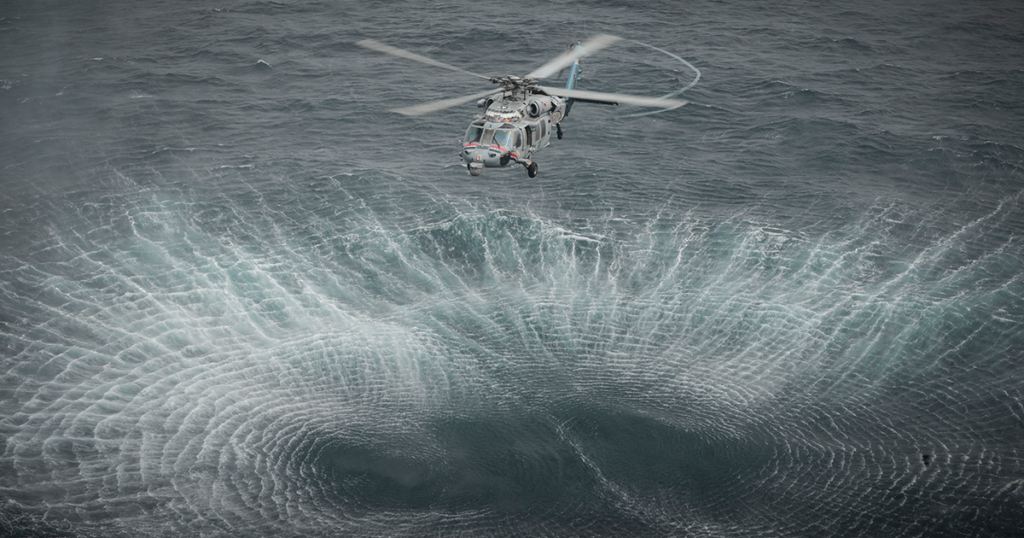
Some hardy souls here on the Atlantic coast swim in the sea all year round. From the walkway above San Lorenzo beach you can see them on a chilly winter day, plunging into the surf, and if you watch long enough you see them return to their bags for their towels and dry clothes, usually left on the biggest of the stairs that go up from the sand to the walkway, a semicircular set called the Escalerona, the big stairs. The bathers don’t look like they suffer even the wind on their reddened skin as they peel off a wet swimming suit and pull on dry clothes, but I shiver just to see them. The sight makes me think every time how terribly cold drowning at sea must be. I hunch deeper into my jacket. Summer or winter, the cold sea quenching the fire of life horrifies me, though if you thrashed enough you’d hold off the cold for a while, just as pumping your arms and moving your legs holds off the cold of the brisk coastal winds when you’re out for an early morning run.
One recent winter morning, despite the nippy temperatures, I was running on the coastal path, with a view of the sea. Waves crashed loudly against the rocks below. Over that noise I first heard, then saw, a helicopter, white with red stripes, from salvamento, maritime search and rescue. Who were they looking for, I wondered, and I gazed out over the water to where the chopper hovered above a small fishing boat before it moved on, up the coast and out of sight.
Ten minutes later, I again heard and then saw the chopper moving back along the coast, lingering near some rocks that at high tide are an island, at low tide a small peninsula. It’s called the Isla de la Tortuga, Turtle Island. Kids like to splash out to it at low tide and then hurry back when the tide turns, and the smack of the water on their calves is much of the thrill. Others get their thrills jumping from the top of the isla into the sea. As I wended my way toward the spot, the chopper’s noise became very loud, then faded to almost nothing as the path took me down behind an outcropping. When I came out from behind this bulwark, the chopper was suddenly very close, just 100 yards away. I stopped for a better look, and saw someone dangling on a long line. Down, down, down, his arm motioned, and down he went from the hovering helicopter. The isla sticks up fairly straight with a lot of vertical crevices. Could someone be stuck in one of them? The waves crashed at the base, the water rose up over the low rocks, and the spray flew even higher. I could imagine a person tossed at the ragged points of rock and catching there, between the rough sea and the flat grassy top above.
I watched. The man on his line swung in circles, like a pendulum, from the movement of the chopper. Eventually, he was hauled back up. As his legs disappeared into the hold, I wondered if I had missed the crucial moment of rescue. Had he adroitly hooked a harness over someone’s shoulder and drawn the person up with him? Or had all the clues that kept the helicopter there for 15 minutes amounted to nothing? Probably it was a practice operation, no real person taken by the ocean and none to be rescued.
Thunka thunka thunka, went the helicopter, flying off after a last long moment poised over the water. With the noise of the blades growing fainter, the crash of the waves surged. For a full minute after the chopper was gone, then for two, then for three, I watched the concentric ripples spreading just under where it had last hovered, the water still riled by the force of the air from the blades as much as if by rocks hurled at the spot in quick succession. The helicopter was gone from sight, gone from hearing; what was left of it was the circle expanding and reforming still, caused by nothing you could now see. These spreading circles were so strong the waves rolling to the shore did not disrupt them but merely lifted them, as they would any floating object.
Eventually that configuration disappeared too, as if having sunk into the waves, and the age-old pattern of the waves falling and rising became paramount again. Before I ran on, I looked one last time to where the wet fingers of the waves stretched for a lingering hold on the rock. All along the coast it would be the same, with the sea reaching for a handhold, or for an unlucky fisherman, or a foolhardy swimmer, or even a runner, pausing on the seaside path.

